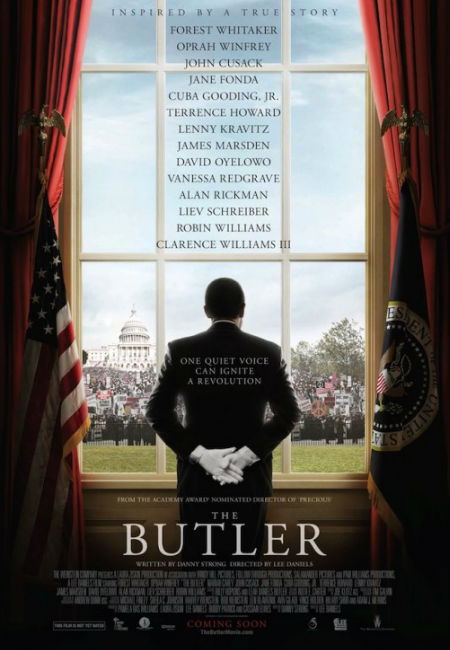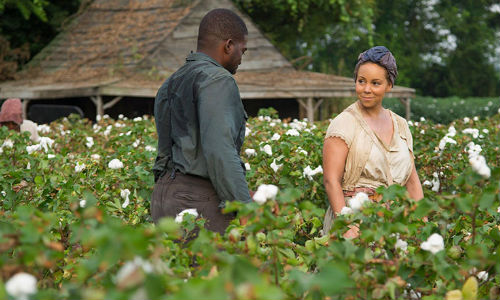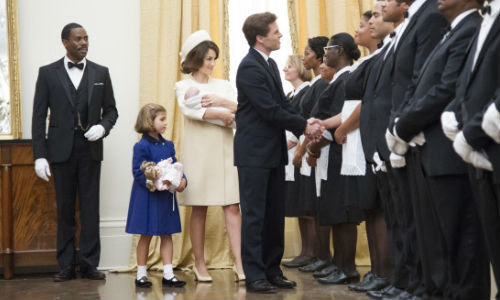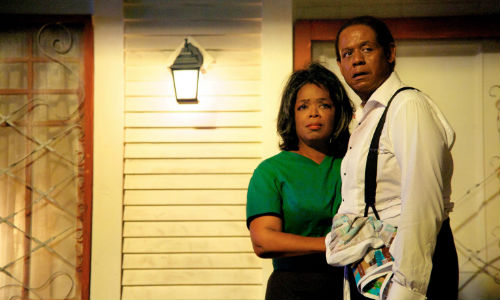
It is very early on in Lee Daniel’s The Butler that the world in which Cecil Gaines, a character loosely based on the life of black White House butler-turned-maitre d’hotel Eugene Allen, a man who dutifully served eight US Presidents from Eisenhower to Reagen,is brought starkly to horrifying life.
In the last moments before his life somewhat melodramatically implodes at the hands of the estate’s capricious owner, Thomas Westfall (Alex Pettyfer), Cecil is warned by his much-loved father as they pick cotton in the fields of a plantation in 1920s Macon, Georgia, that “it’s his [the white owner’s] world; we just live in it” and that he must quietly and self-effacingly get by in it as best he can.
It is this sage advice, necessitated by the most unjust, and often cruel, of situations, in which the laws of the land have changed (to some extent) but not the social attitudes governing day to day life, that governs Cecil’s reactions to the oft-changed life that follows.
Inducted into the estate’s house by Annabeth Westfall (Vanessa Redgrave), he is taught how to serve others to an impeccable degree, a life skill that sees him move from a hotel in a regional city to life at one of the swankier establishments in Washington D.C. where he is headhunted to his eventual position in the White House, where he begins work in 1957.

Throughout his storied career at the heart of US power, side by side with fellow butlers Carter Wilson (Cuba Gooding Jr.) and James Holloway (Lenny Kravitz) Cecil strives to remain apolitical and largely invisible, preferring to heed the advice of Maynard, his boss at the regional hotel, who cautions him to always remember he has two faces – his own and the one his white bosses will see.
Even as the tumultuous events of the twentieth century overtake him, dragging one of the sons he has with wife Gloria (Oprah Winfrey in a masterful performance), Louis (David Oyelowo) into the burgeoning civil rights movement, he sticks studiously to this taciturn path, unwilling to upset the social apple cart he so carefully put in place many years before.
Nevertheless, by dint of his diligent, self-effacing service, he becomes a confidante of sorts to the Presidents he serves, finding his life irrevocably affected by decisions taken by, among others, Eisenhower (Robin Williams) whose decision to send in troops in support of the forced integration of schools in Arkansas, leads him to tell Gloria that “this is thew first time I ever saw a president stick his nose out for us.”
John F Kennedy (James Marsden), who follows Eisenhower into office, much to previous vice-president Nixon’s (John Cusack) chagrin, is similarly enriched by his association with the butler who never sought to have any influence with anyone in power but indirectly wielded it regardless.
Not every President bonds with Cecil quite so strongly – Nixon and LBJ being cases in point – but all of them notice this most taciturn of men, and willingly or not, find themselves changed, even if only in part, by him.

It is a pity that Danny Strong’s otherwise strong and beautifully nuanced script, overreaches in this regard by attempting to cram too many events into the film’s running time.
While it is a laudatory and often deeply affecting strategy, which seeks to give as full an account as possible of the significant events of the civil rights movement from the Freedom Riders to Martin Luther King Jr and rise of the militant Black Panther movement vis-a-vis Cecil’s carefully ordered world, its busyness means that we fail to get a real sense of how close he becomes to each of the Presidents and how this affects them.
Most of the actors who play the Presidents, which include Liv Schrieber as LBJ and Alan Rickman as Ronald Reagan – Jane Fonda offers a fine particularly fine performance as Nancy Reagan – are given a conversation or two at most, and while the dialogue makes it clear there is a rapport here between the perenially uncomfortable Cecil, and the powerful men who seek his quiet counsel, we’re not really given a chance to see it organically develop.
Similarly as the momentous events of the civil rights movements unfold, we get glimpses at best into the world that Louis plunges headlong into and which Cecil, afraid of the reactions it may unleash (and some of these counter-reactions are, as you might expect, quite violent), watches from afar until late in life when, as a retired man, he reconciles with his estranged son- who is reminded by his mother Gloria in one particularly moving moment that “everything you have and everything you are is because of that butler” -and outwardly fights for the equality he obliquely agitated for up to that point.

That is not to say that the film lack any real meaningful emotional or social commentary impact as a result.
The Butler, despite this perhaps overly ambitious intention to tell all the stories there are to tell about Cecil life’s as they occur against the wider struggle of black and white politics in the latter half of the twentieth century in America, is a deeply affecting recounting of the transformation of one man’s world and the society in which he has done his best to exist throughout his long life.
It may lack some narrative and emotional depth, and some of the relationships are given short shrift as a result but by and large, the film succeeds in its goal of bringing home the import of the tumultuous changes that America went through between the mid-1950s and the election of the first black President in USA history, Barack Obama, whom Cecil meets shortly before his death.
Life in America changed forever in those years and through the lens of one quiet man in the back rooms of the White House, played to perfection both physically and dramatically by Forest Whitaker, The Butler, affectingly and richly brings it to life in ways that might otherwise have passed many audience goers by.